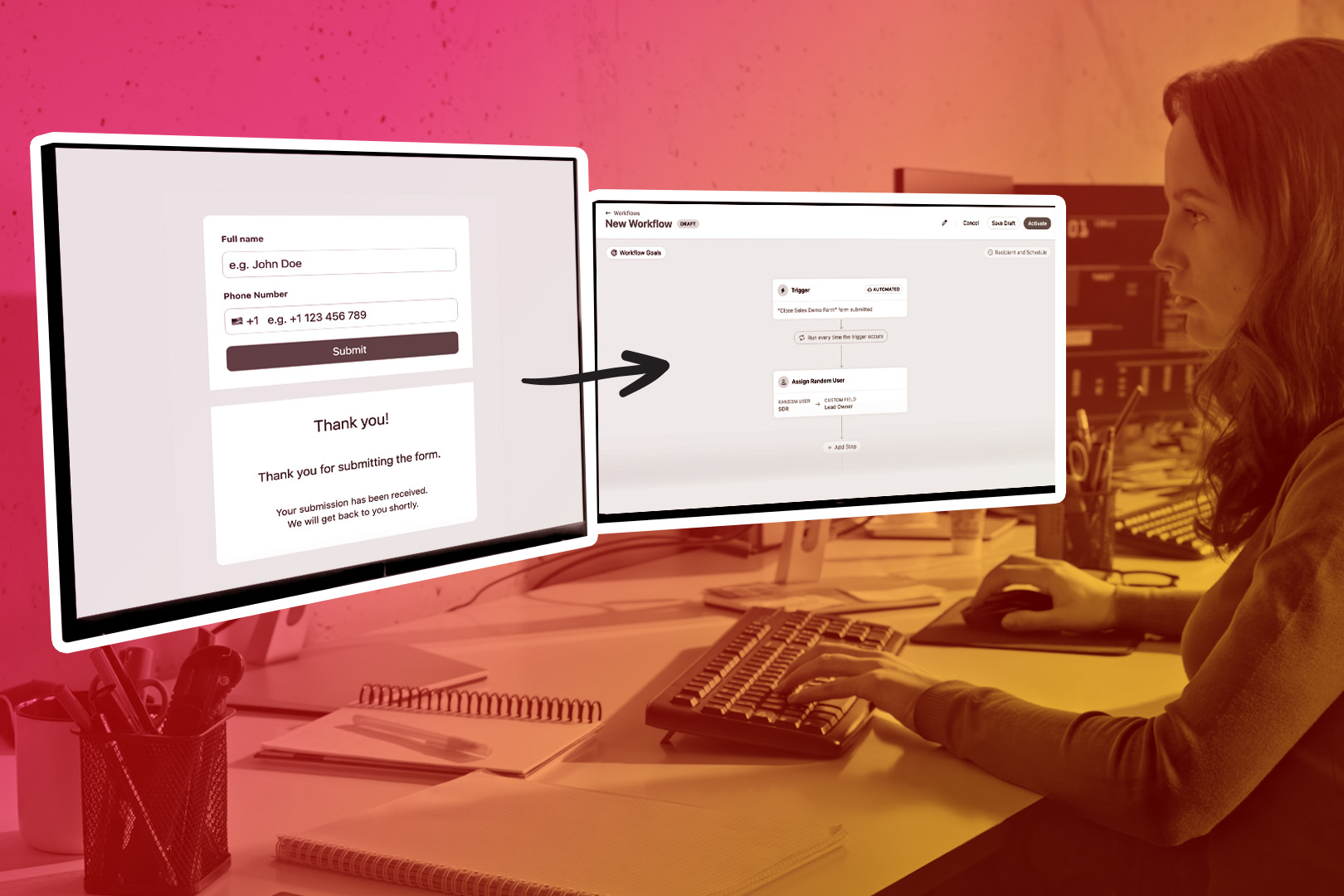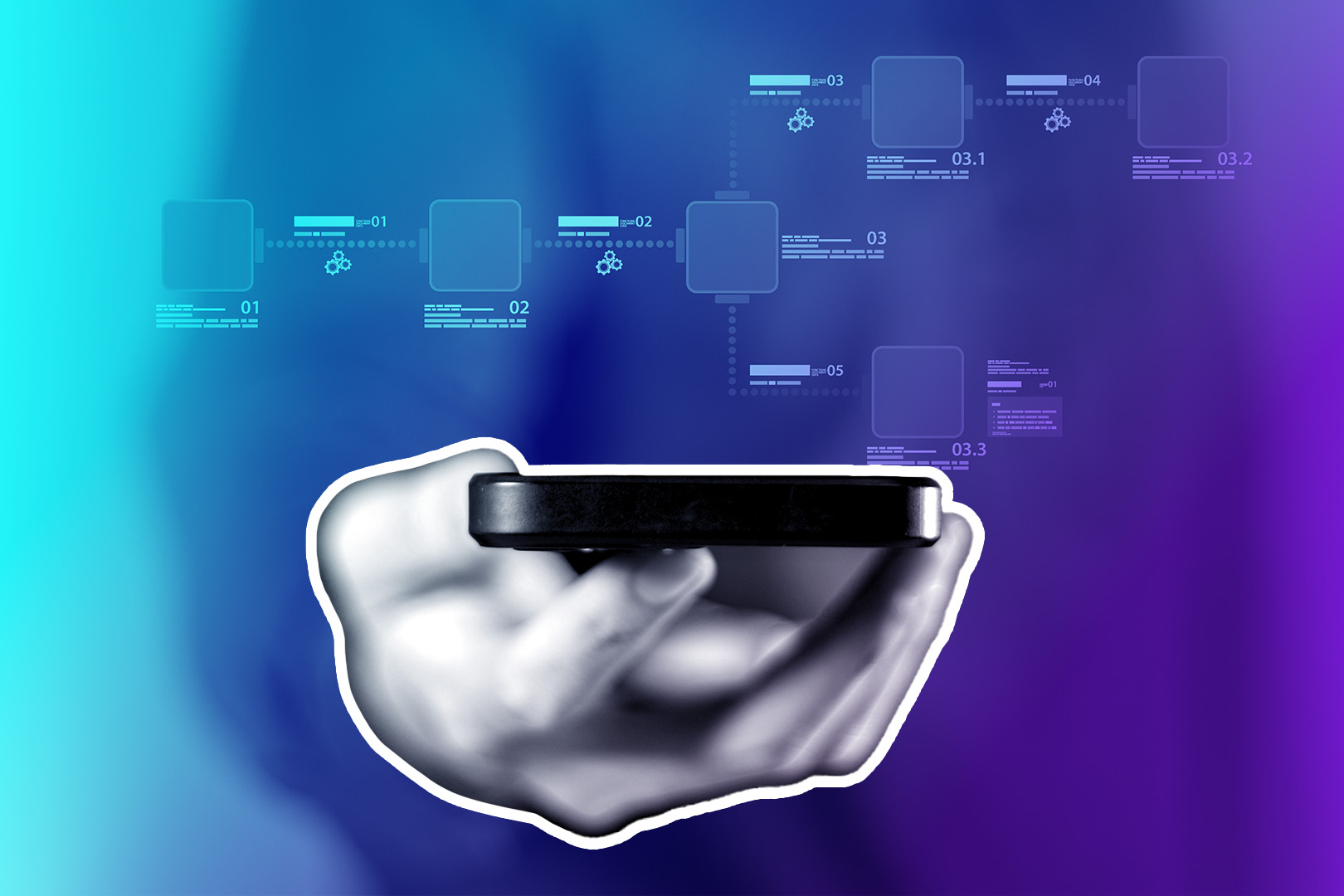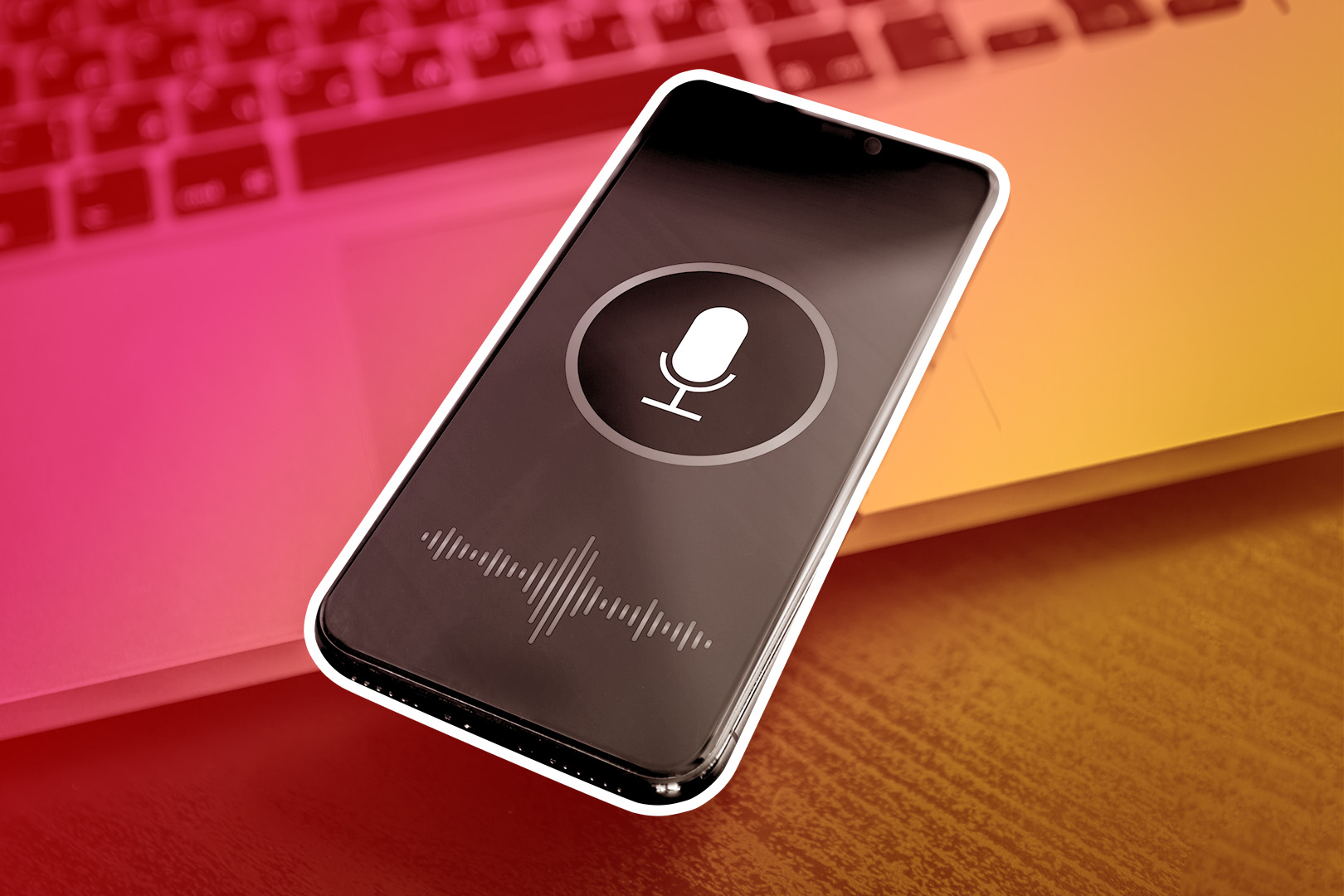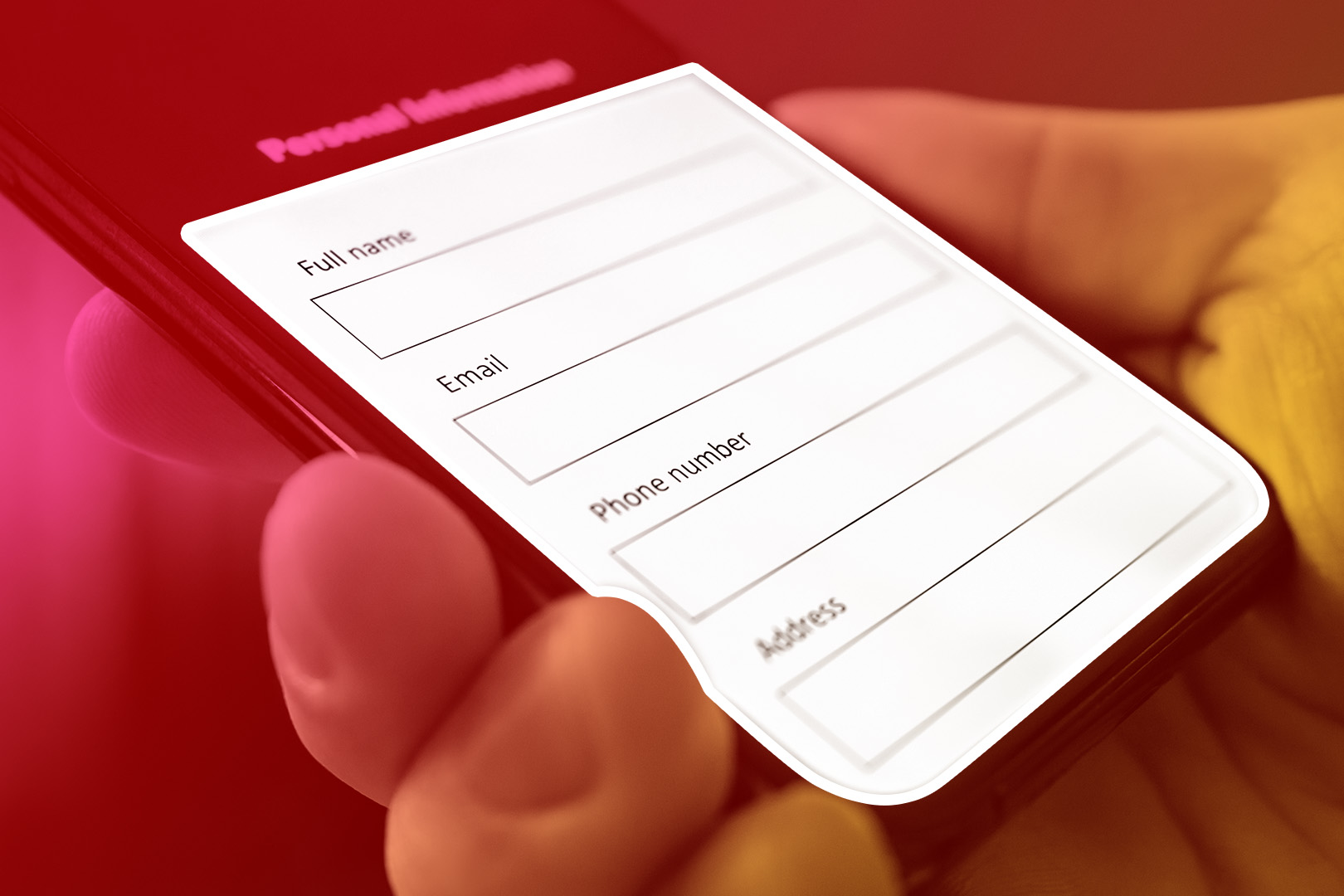Let’s be honest—B2B sales is challenging, but with the right strategies, you can consistently win more deals.
To succeed, you need a can-do attitude and a proven, bullet-proof plan. We can't help you with the first thing, but we can definitely help you with the second one.
Keep reading to learn what business-to-business (B2B) sales is, how it differs from business-to-consumer (B2C) sales, and B2B sales examples to help you become the hero of your department.
What are the Differences Between B2B Sales and B2C Sales?
Business-to-business sales, better known as B2B sales, is the process of selling products and services to businesses rather than to individual consumers. Examples of B2B sales companies might include:
- Office Supply Companies: A business that sells paper, ink, printers, and related products to other companies in its local area would be considered a B2B business.
- Software-as-a-Service Brands (SaaS): A business that sells software products to companies via monthly subscription would be considered a B2B business as well.
- Professional Service Firms: Finally, legal firms, sales consultancies, and marketing agencies who offer their services to brands fall into the B2B category, too.
B2B companies typically enjoy higher order values than their B2C counterparts. On the downside, the selling process is often more complex for B2B businesses, and their sales cycles are usually much longer than for B2C companies.
B2C sales is short for business-to-consumer sales and can be defined as a retail method in which businesses sell goods and services directly to individual consumers. Examples include:
- Supermarkets: A business that sells bread, eggs, milk, and other grocery store items to the people who will actually consume them is considered a B2C business.
- Car Dealerships: A business that sells cars, trucks, and SUVs to buyers for their personal use would be considered a B2C business as well.
- eCommerce Fashion Brands: An online business that sells clothes like jeans, button-up shirts, and shoes to the general public would also fall into the B2C category.
As you can see, the difference between B2C and B2B sales is the end customer. B2B businesses sell to other businesses, while B2C businesses sell to individual consumers.
This simple distinction changes everything about the sales process.
As mentioned above, B2B sales often result in higher order values than B2C sales. But the B2B sales process is usually more complex, which lengthens the B2B sales cycle.
The way most companies go about closing B2B customers is different, too, as we'll see in the next section. Everything from your brand's marketing campaign to its outreach strategy and sales techniques will need to be fine-tuned to reach and convert potential customers.

B2B Sales Strategies & Examples
Now that we know what the B2B sales process looks like let's talk about three common types of B2B sales: digital service and software sales, supply sales, and wholesale distribution sales.
- Digital Service & Software Sales: Businesses that use this B2B sales type sell services instead of products. Said services could be provided by humans, such as marketing professionals who consult with companies on promotional strategy, or by software like Quickbooks, which helps small business owners manage their finances.
- Supply Sales: Businesses that use this B2B sales type sell consumables that help support other companies. Said consumables can range from simple office supplies like paper and ink to heavy duty construction equipment like tractors and forklifts.
- Wholesale Distribution Sales: Businesses that use this B2B sales type usually sell raw materials that other companies use to manufacture products. Said raw materials may include food and herbs that a wholesaler sells to restaurants or computer chips that tech companies use to build various pieces of technology.
Make sense? Cool, now let's dive deeper! In the following sections, we'll explain each B2B sales type in more detail, give examples of well-known brands that participate in these types of sales, and even provide a proven strategy you can use to close more deals.
Digital Service & Software Sales Examples
Products aren't the only thing that a B2B sales team can sell. In fact, a significant portion of B2B companies don't sell products at all. They sell services.
The digital services and software sales category is full of B2B businesses that sell their expertise, skill sets, and/or the various SaaS products they've created. As mentioned above, marketing consultants, as do other service providers like accountants, fall into this category. SaaS brands like Quickbooks, Zendesk, and *cough cough* CLOSE *cough*are a part of it, too.
Decision-Makers in the Digital Service & Software Sales Category
So, who should you contact about your company's digital services and/or SaaS products?
The answer to that question will depend on the kind of services or SaaS products you offer and the size of the company you hope to sell to.
Looking to sell marketing software to a new startup? You probably want to talk to the company's founder or CEO. Why? Because they probably won't have any other decision-makers. Hoping to sell accounting services to a large corporation? Get in touch with the company's Financial Director or Manager of Finance.

Well-Known Brands that Participate in This Type of Sales
- Lyfe Marketing: This popular marketing agency offers social media management services to large brands like Hilton, Crunch Fitness, and Domino's Pizza.
- Slack: Everybody's favorite workplace messaging app makes it easy to connect and collaborate with colleagues.
A Strategy for Selling in this Space
There are plenty of ways to sell digital services and SaaS products, from email marketing to webinars. But one of the most popular channels is social media—especially LinkedIn.
LinkedIn can be used throughout the entire sales funnel, which makes it an ideal channel for sales people in this space.
Supply Sales Examples
Next up, supply sales.
Companies that use this B2B sales type support other businesses by selling them the consumables they need to operate effectively, like office supplies and heavy duty equipment.
Supply sales is actually quite similar to B2C sales. Here's the main difference: rather than selling one forklift to Construction Company XYZ, your company might sell 20 forklifts to Construction Company XYZ in a single transaction. In other words, quantity is a factor.
The other difference has to do with the approval process. As in most B2B selling scenarios, there is usually more than one decision-maker involved in supply sales.
Decision-Makers in the Supply Sales Category
Speaking of decision makers, who do you need to contact to succeed in supply sales? Once again, it likely depends on what you're selling and who you're selling it to.
In general, look to contact a manager in the department your product will help. Returning to our forklift example, you could try contacting a warehouse manager of some kind.
Well-Known Brands that Participate in This Type of Sales
- Bulk Bookstore: As the name suggests, Bulk Bookstore sells books in bulk to organizations of all kinds. The company's client list includes Starbucks and Facebook.
- Lyreco: Just about every company needs office supplies. Lyreco's mission is to supply them, which they successfully do in 42 countries around the world.
A Strategy for Selling in this Space
Email is a B2B sales rep's best friend. With this wonderful, old-school tool, you can keep in touch with business-to-business buyers, build trust with them, and even close deals. And because of automation, much of the hard work can be set to autopilot (Learn more about AI in B2B sales and how it's revolutionizing the industry with this comprehensive guide.)
The keys to effective email marketing are consistency and stellar content.
Make sure to contact prospects on a regular basis. Once a month will probably be fine, but we encourage you to experiment and find a cadence that works for you.
Most importantly, send your prospects amazing content. "Just checking in" emails rarely impact sales. Instead, offer prospects something of value, such as your company's latest blog post, white paper, or other piece of sales enablement content. Special offers can also drive engagement and accelerate decision-making.
Wholesale and Distribution Sales Examples
Last but certainly not least, we have the wholesale and distribution sales category.
Wholesalers often sell raw materials that other companies use to make products. A wholesale food distributor, for example, would sell food to dine-in restaurants, fast food joints, and other culinary establishments, which would then be used to assemble signature dishes.
Decision-Makers in the Supply Sales Category:
If you want to get your products into retail stores like Best Buy and Walmart, you'll need to contact the purchasing agents for each brand and develop relationships with them. The same goes for most restaurant chains and tech companies.
To sell to smaller operations, like local stores and restaurants, you'll probably need to contact the owner of the establishment. They're most likely to make purchasing decisions.
Well-Known Brands that Participate in This Type of Sales
- Sysco: As the largest food distributor in the United States and one of the largest in the world, Sysco delivers food and beverages to a variety of restaurants and hotels.
- TNT Fireworks: If you live in the U.S., you've heard of TNT Fireworks. But did you know that they're a successful wholesale company? TNT Fireworks sells fireworks (obviously) to small business owners who set up fireworks stands for the 4th of July.
A Strategy for Selling in this Space
Large retailers and manufacturers, AKA the people that wholesalers sell to, pay special attention to the products they purchase. They want to make sure the materials in their offerings, or the goods on their shelves, are right for their respective companies.
To prove that your wholesale brand has "the stuff," you need to build relationships with key stakeholders over time. The best way to do this is to invest in a CRM solution.
A CRM will allow you to store information about your prospects and customers, set follow up reminders, and contact potential buyers when the time is right. Most include automation, too, which means you can do many of these things with little to no effort.
Here's our advice: find a CRM that works for your company. Then learn how to use it so that you can build trusting relationships with customers and close more deals.
If you are running a B2B business and require a reliable CRM solution, make sure to explore our comprehensive article on the best B2B CRMs available. This resource will assist you in finding the ideal CRM that aligns with your company's needs, enabling you to cultivate trusting relationships with customers and drive more successful deals.
5 Examples of Popular Companies Successful in B2B Sales
We've already listed a few companies that use the B2B business model. But the more, the merrier, right? Here are five additional B2B organizations to check out:
- IBM: International Business Machines, better known as IBM, has been helping other businesses increase efficiency for nearly 100 years. These days, they do it via a variety of cloud computing, artificial intelligence, and security solutions.
- FedEx: If you want it shipped fast, you ship it to FedEx. The delivery company is a pioneer in the space and known for creating an exemplary customer experience.
- Boeing: As the world's largest aerospace company, Boeing manufactures everything from commercial airliners to special aircraft for the United States military.
- DocuSign: Remember when you had to sign paper documents with a pen? DocuSign is working hard to make you forget. The e-signature app has been revolutionizing the way businesses handle contracts since it was founded in 2003.
- Close: Want to boost your revenue? Then, you need a reliable way to contact and manage leads. Close is the answer. Our CRM will let you email, call, and text your leads. Once you do, you can easily manage your pipeline, set reminders, and more.
The five businesses above are very different, but they've each done something similar to help achieve success: their B2B salespeople identify their ideal customers' pain points and present their company's solutions(s) as the best way to overcome challenges.
How do we know this to be true? Because that's what success in B2B sales always looks like. It doesn't matter if you're a new startup or an established brand. This is the way.
Using Successful B2B Sales Examples to Generate More Revenue This Year
Let's recap…
B2B sales is what happens when one business sells products and/or services to another.
It can be more difficult than B2C sales, and the sales cycles are almost always longer. But if you stick it out, you will be rewarded. B2B transactions are usually of much higher value.
Just remember, to succeed in B2B sales, you have to follow a proven process. First, conduct in-depth market research. Second, prospect for new customers on a regular basis. Third, ask about your prospect's pain points to build trust. And fourth, set appointments and follow up.
If you get stuck, or just need a bit of inspiration, have another look at the B2B sales examples we listed in this article. Brands like IBM, Slack, and FedEx have built world-renown businesses thanks to their commitment to the things we outlined above.
The truth is, B2B sales is tough. But the right technology will make your life as a B2B salesperson easier. That's why you should consider an investment in Close. Our platform has the tools you need to make more sales.








.jpg)



